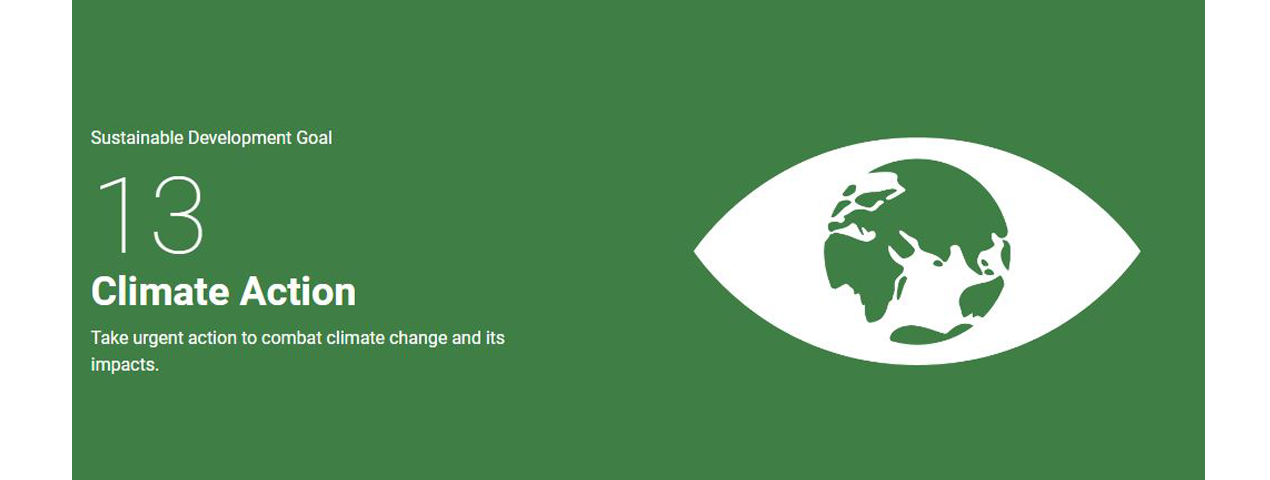
SDG 13 is to: "Take urgent action to combat climate change and its impacts by regulating emissions and promoting developments in renewable energy". Accelerating climate actions and progress towards a just transition is essential to reducing climate risks and addressing sustainable development priorities, including water, food and human security (robust evidence, high agreement). Accelerating action in the context of sustainable development involves not only expediting the pace of change (speed) but also addressing the underlying drivers of vulnerability and high emissions (quality and depth of change) and enabling diverse communities, sectors, stakeholders, regions and cultures (scale and breadth of change) to participate in just, equitable and inclusive processes that improve the health and well-being of people and the planet.
The average worldwide temperature in 2021 was approximately 1.1°C higher than pre-industrial levels (from 1850 to 1900). The years from 2015 to 2021 were the seven warmest on record; the top three being 2016, 2019 and 2020. Currently climate change is affecting the global community in every nation across the world. The impact of climate change not only impacts national economies, but also lives and livelihoods, especially those in vulnerable conditions. By 2018, climate change continued exacerbating the frequency of natural disasters, such as massive wildfires, droughts, hurricanes, and floods. Over the period 2000–2018, the greenhouse emissions of developed countries in transitions have declined by 6.5%. However, the emissions of the developing countries are up by 43% in the period between 2000 and 2013. In 2019, at least 120 of 153 developing countries had undertaken activities to formulate and implement national adaptation plans.
.svg)
